The Cybersurvey – carried out by Youthworks in partnership with Internet Matters – is the largest and most robust survey of its kind in the UK, with nearly 15,000 children aged 11-17 taking part across 82 schools across the country. In the latest report, it draws out key themes from what young people tell us about their online lives.
Useful resources for Parents and Carers
GO VIRAL! is a 5-minute game that helps protect you against COVID-19 misinformation. You’ll learn about some of the most common strategies used to spread false and misleading information about the virus. Understanding these tricks allows you to resist them the next time you come across them online.
This version of ‘So you got naked online…’ is a resource that helps and advises young people who may find themselves in a situation where they (or a friend) have put a sexting image or video online and have lost control over that content and who it’s being shared with.
Netflix parental controls guide
The impact of COVID-19 means that most of us will be at home for an extended period and are likely to be spending increasing amounts of time online.
The online world is a necessity for many children in accessing school work and it delivers huge benefits, not least in enabling us to stay connected to family and friends during this period. However, many parents may feel concerned about the content their children are accessing.
Although rare, there is a risk that increased online activity and feelings of stress and isolation may be exploited by negative influences and online groomers of all kinds to target vulnerable children and young people directly.
An understanding of digital safety will help parents and carers safeguard loved ones from a range of harms, whether that’s child sexual exploitation, fraud, or extremist influences seeking to radicalise vulnerable people.
Extremists may use the COVID-19 outbreak to promote hateful views, for example through conspiracy theories blaming a particular group for the virus, or through spreading misinformation regarding these groups’ responses to it.
You can access guidance and support from the Home Office here
Reports of online scares or challenges encouraging harmful or suicidal behaviours can be alarming and confusing. Here the CEOP Education team look at how you can speak to your child about scares and challenges, and how to respond if they have seen one.
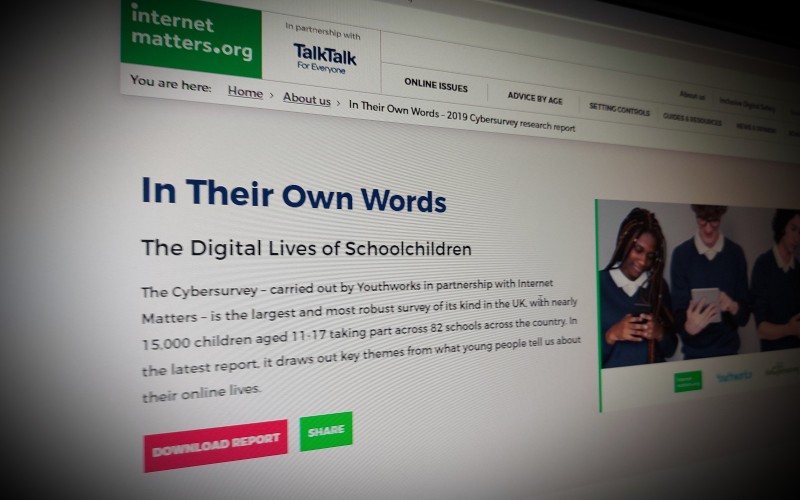
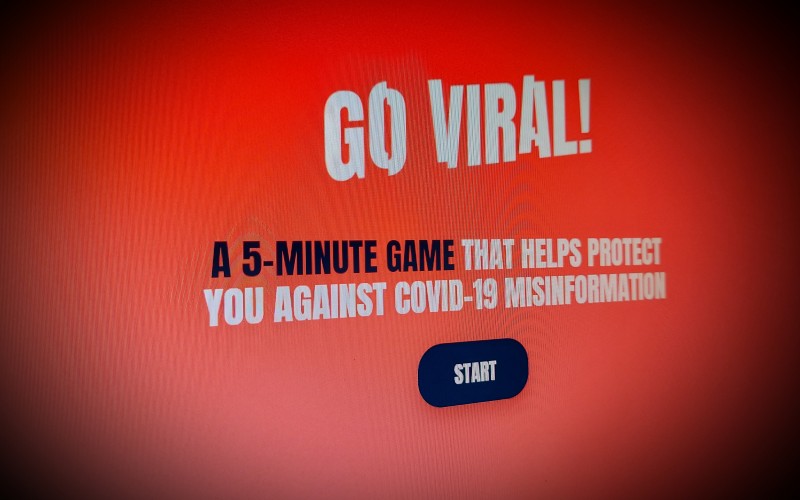
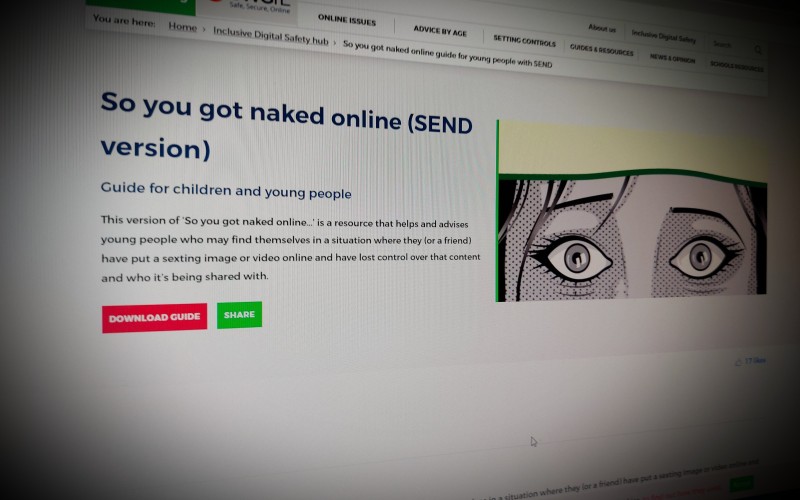
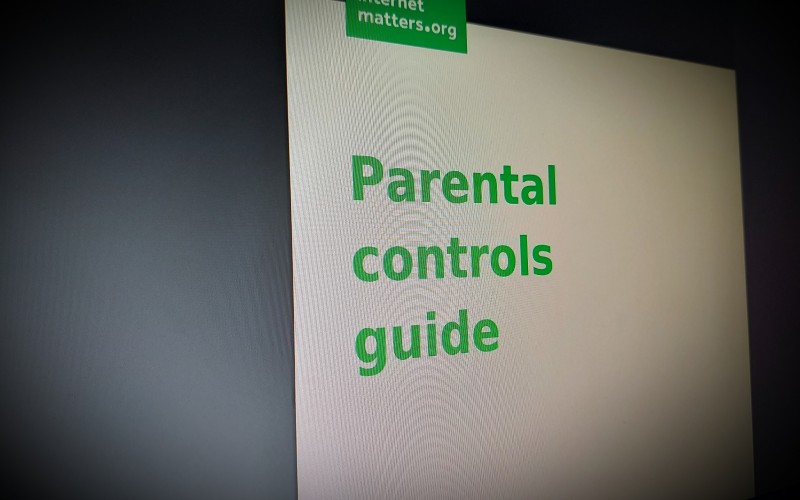
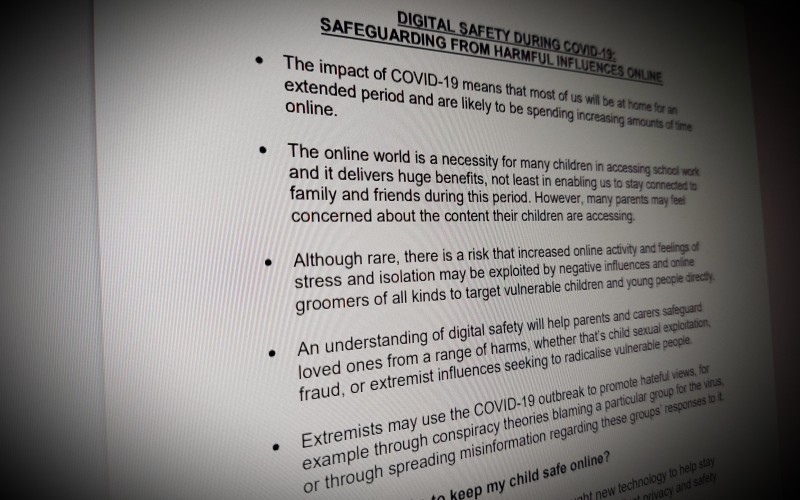
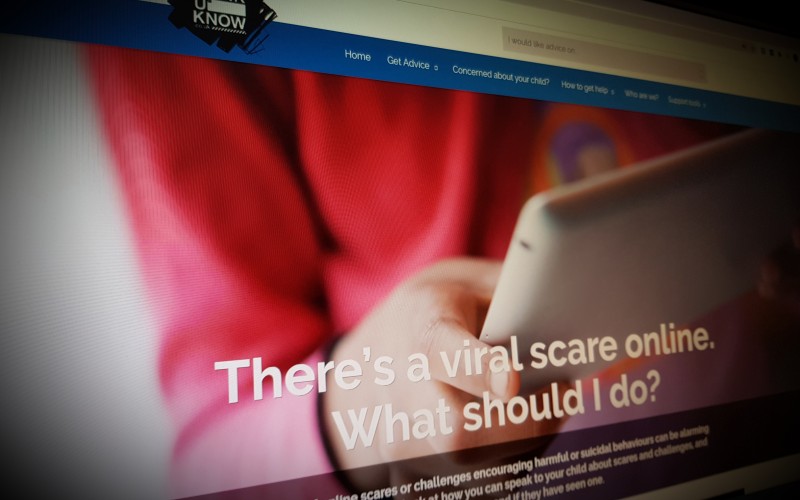
Comments
make a comment